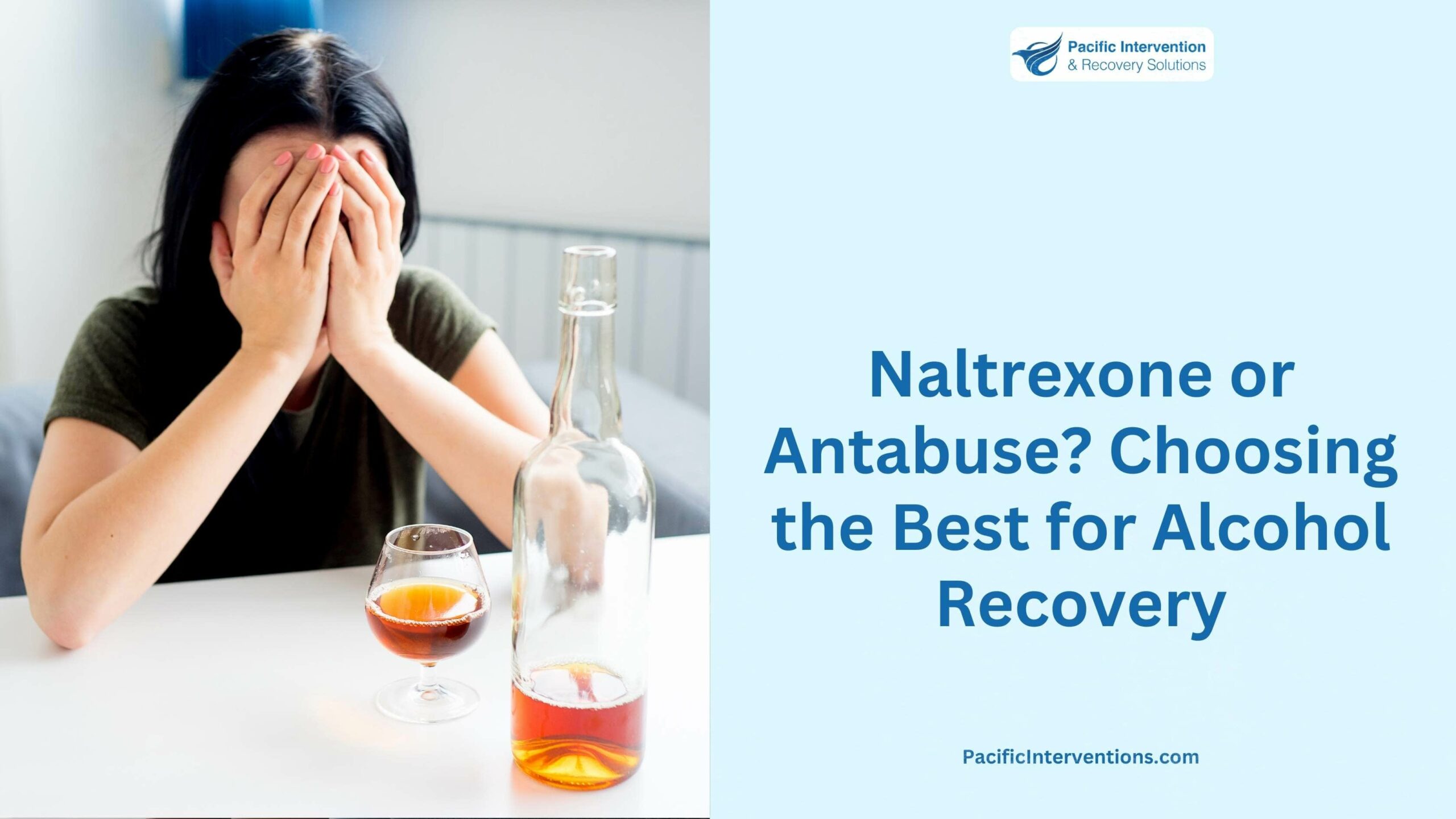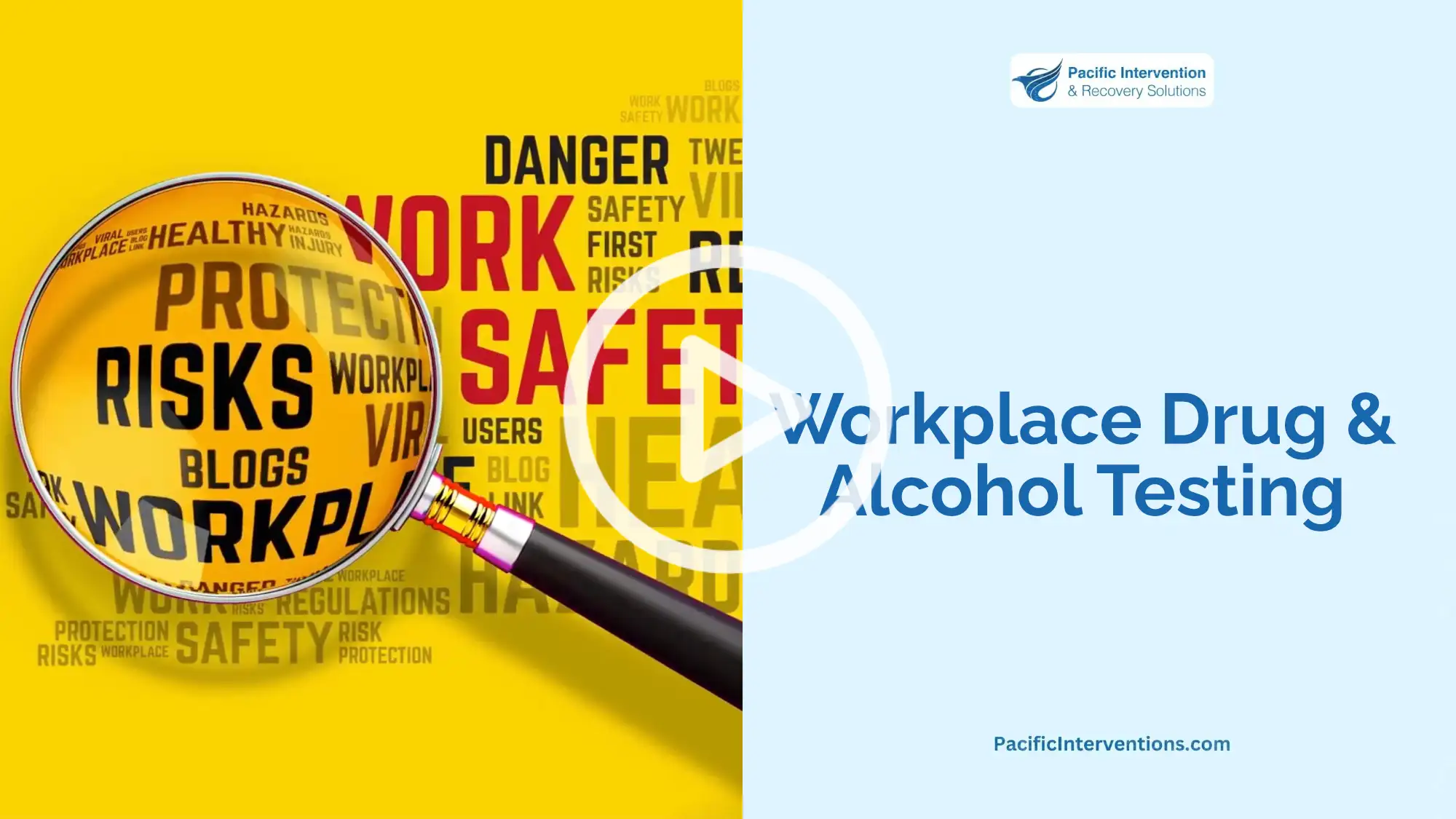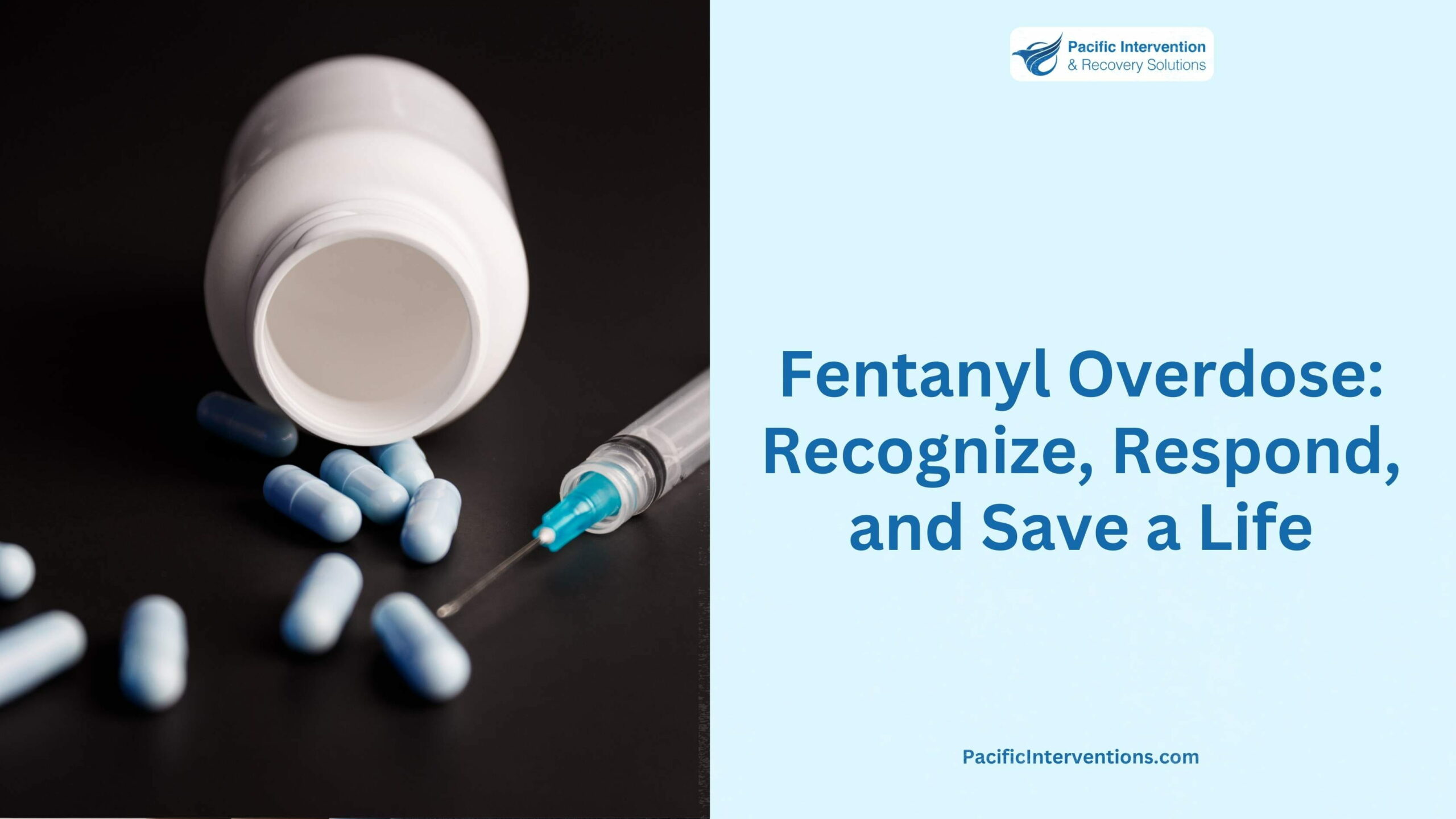Alcohol addiction, or alcohol use disorder (AUD), impacts millions worldwide. Finding the right treatment is a crucial step toward recovery.
Two commonly used medications for managing AUD are Naltrexone and Antabuse (Disulfiram). While both help individuals control their drinking, they function in distinct ways.
This guide explores the key differences between Naltrexone and Antabuse, including how they work, their effectiveness, side effects, and factors to consider when choosing the right option for your recovery.
Mechanisms of Action: Naltrexone vs. Antabuse
Naltrexone blocks brain receptors that create pleasure from alcohol and drugs, reducing the desire to drink. Unlike Antabuse, it doesn’t cause illness if alcohol is consumed.
It must not be taken with narcotics, including codeine or morphine, as this can trigger adverse effects. Users should stop all narcotics at least 48 hours before starting to prevent withdrawal.
Common side effects include nausea, headache, constipation, dizziness, nervousness, insomnia, drowsiness, and limb or stomach pain.
Antabuse (Disulfiram) (Disulfiram) supports abstinence by causing a severe reaction when alcohol is consumed. It blocks the enzyme acetaldehyde dehydrogenase, preventing the breakdown of acetaldehyde, a toxic compound.
This buildup leads to symptoms like nausea, vomiting, flushing, chest pain, and difficulty breathing, deterring alcohol use. Antabuse is ideal for those committed to sobriety and needing extra support.

When to Choose Naltrexone?
Naltrexone is ideal for individuals who want to reduce heavy or binge drinking without quitting alcohol entirely. By blocking the pleasurable effects of alcohol, it helps curb cravings and encourages moderation.
This option suits individuals in early recovery who aim to control their drinking rather than commit to total abstinence. It also helps people maintain social drinking habits while avoiding a return to harmful consumption patterns.
When to Choose Antabuse?
Antabuse is most effective for individuals committed to complete abstinence. Its deterrent effect—causing severe symptoms like nausea, vomiting, and flushing when alcohol is consumed—provides strong support for those struggling with relapse or impulse control.
For individuals focused on long-term sobriety, Antabuse adds an extra layer of protection, particularly in challenging situations such as social events or high-stress environments. Its immediate consequences help enforce strict boundaries, making it a dependable choice for those who cannot risk any alcohol intake.
Naltrexone’s Effectiveness
Naltrexone is available in various forms, including a 50 mg oral tablet taken daily or a 380 mg extended-release injection administered monthly. It is particularly effective for individuals aiming to moderate their drinking rather than quit entirely.
Studies show that Naltrexone reduces binge drinking episodes and overall alcohol consumption. By blocking the brain’s pleasure response to alcohol, it helps individuals recover while maintaining controlled drinking habits.
Antabuse’s Effectiveness
Antabuse (Disulfiram) is most effective for individuals committed to complete abstinence. Its mechanism causes severe physical discomfort when alcohol is consumed, acting as a strong deterrent.
Research highlights that Antabuse significantly lowers relapse rates, especially in individuals struggling with impulse control. It offers reliable protection against alcohol use, particularly for those requiring strict boundaries to avoid relapse.
Naltrexone Common Side Effects
Naltrexone is generally well-tolerated, but like any medication, it can cause side effects. These range from mild to severe and should be monitored carefully during treatment.
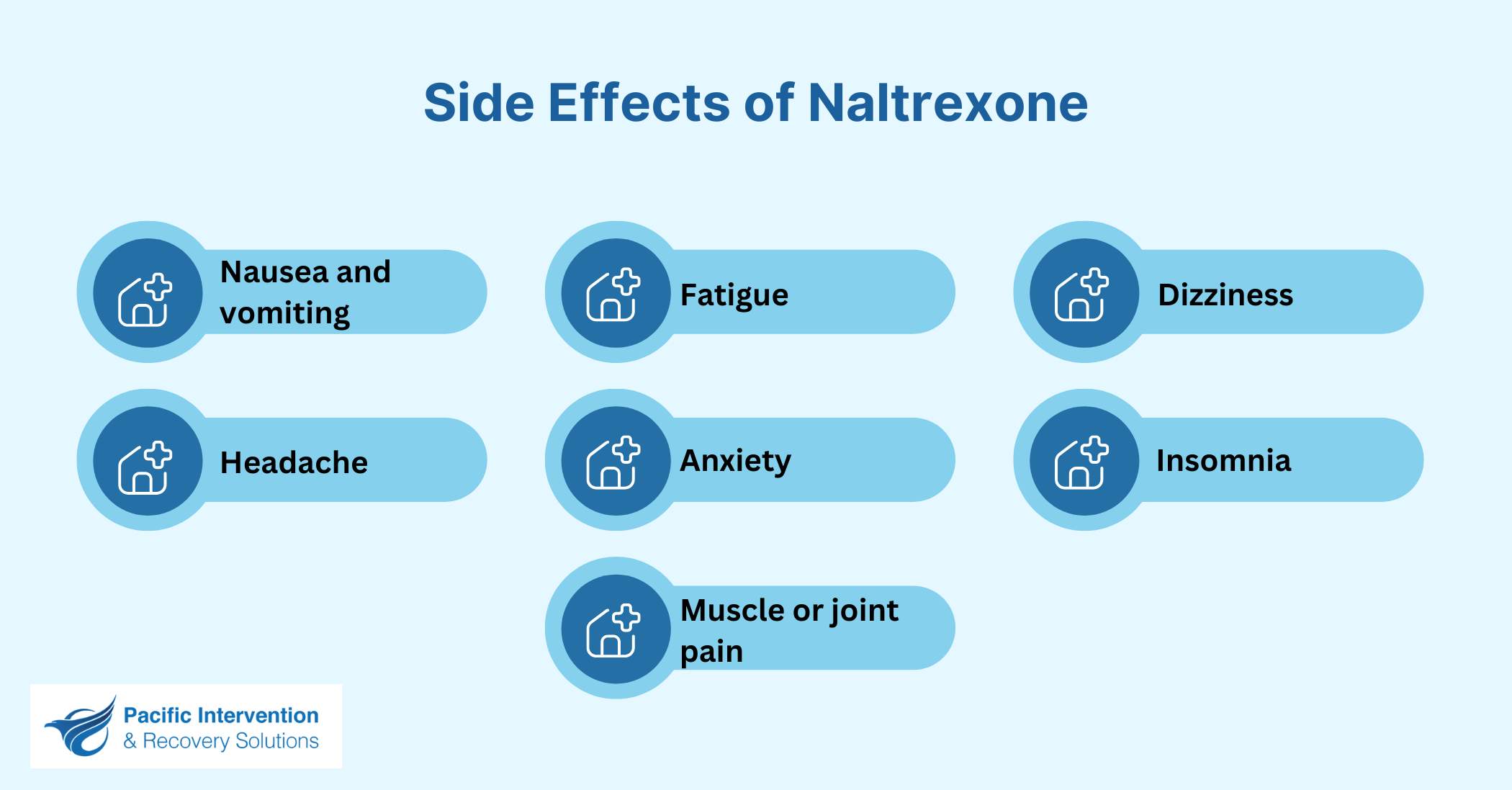
Mild to Moderate Side Effects
- Nausea and Vomiting: Often reported during initial use.
- Headache: Can occur sporadically, especially in the first few weeks.
- Fatigue: Some users experience low energy levels.
- Dizziness: May include lightheadedness or a spinning sensation.
- Anxiety: Feelings of unease or nervousness in some cases.
- Insomnia: Difficulty falling or staying asleep.
- Muscle or Joint Pain: General discomfort or aches in the body.
Serious Risks
While less common, some risks require immediate attention:
- Liver Damage: Long-term use can raise liver enzyme levels, potentially causing liver damage. Regular liver function tests are essential to monitor this risk.
- Withdrawal Symptoms: In individuals physically dependent on opioids, starting Naltrexone can trigger withdrawal symptoms if opioids are still in the system.
- Mood Changes: Reports of depression, self-harm thoughts, or suicidal ideation, especially in those with pre-existing mental health issues.
- Overdose Risk: If a person uses opioids after discontinuing Naltrexone, they may take higher doses to achieve the desired effects, significantly increasing the risk of overdose.
Antabuse Common Side Effects
Antabuse (Disulfiram) is effective in deterring alcohol consumption, but it comes with side effects that range from mild discomfort to severe reactions. Here’s what to watch for:
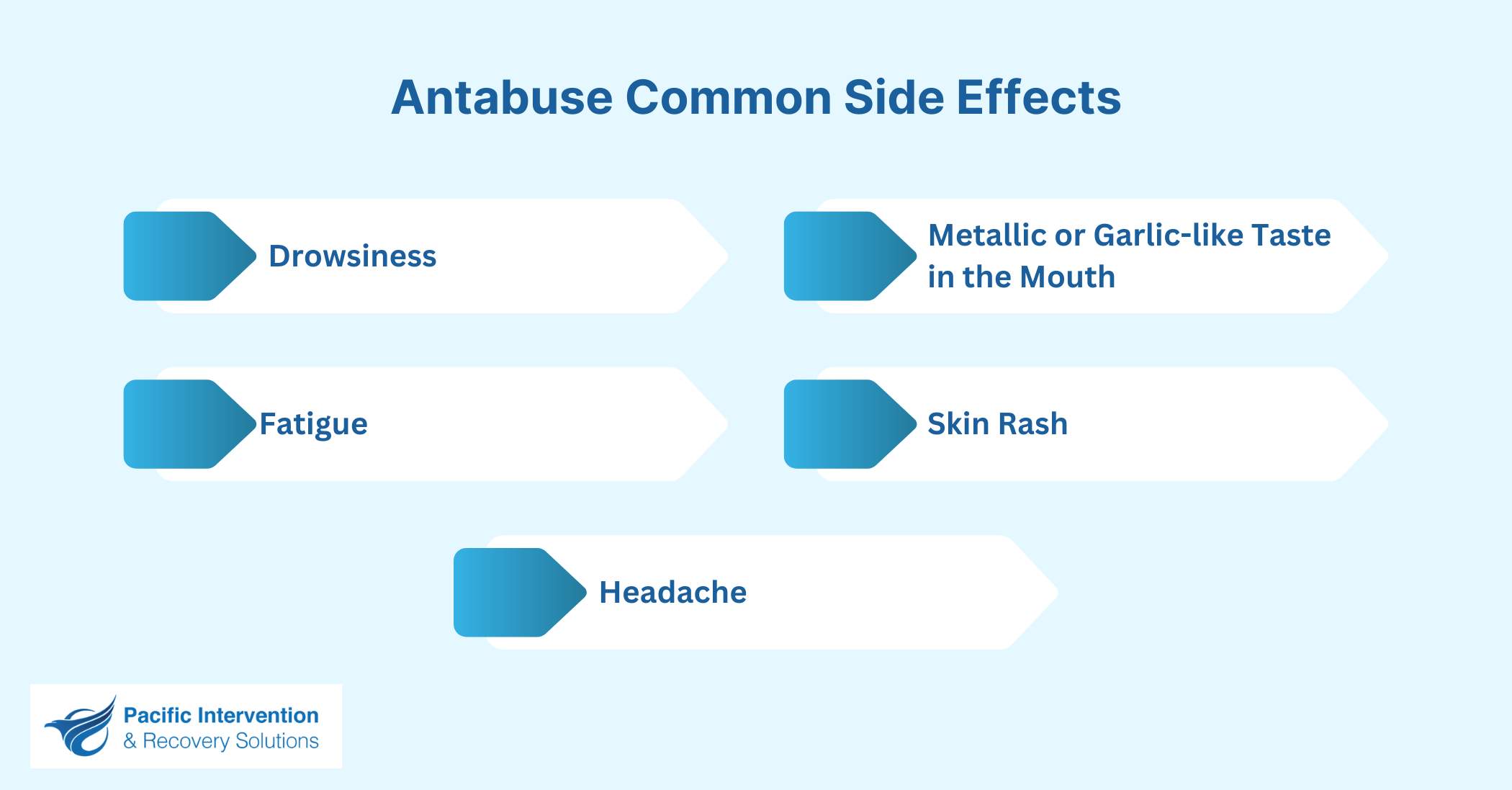
Mild to Moderate Side Effects
- Drowsiness: A common reaction that may affect alertness.
- Fatigue: Users often report low energy levels during treatment.
- Headache: Occasional headaches, especially in the early stages of use.
- Metallic or Garlic-like Taste: A distinct taste in the mouth is frequently reported.
- Skin Rash: Mild skin reactions, such as itching or redness.
Serious Risks
When consuming alcohol or in specific medical conditions, the risks of Antabuse can become severe:
- Severe Alcohol Reaction: Drinking alcohol while on Antabuse triggers:
- Nausea, Vomiting, and Abdominal Pain
- Chest Pain and Difficulty Breathing
- Flushing, Sweating, and Severe Headaches
- Hypotension: Dangerously low blood pressure.
- Confusion, Seizures, or Coma in extreme cases.
- Liver Damage: Like Naltrexone, Antabuse can elevate liver enzyme levels, increasing the risk of liver toxicity. Regular liver function tests are essential.
- Psychiatric Effects: Mood swings, depression, or psychosis may occur in certain individuals.
- Peripheral Neuropathy: Reports of nerve damage causing numbness, tingling, or pain in extremities.
- Drug Interactions: Antabuse can react adversely with other medications, including alcohol-based products or certain over-the-counter drugs.
Medical Contraindications
Antabuse: Not suitable for individuals with:
- Severe liver disease or heart conditions.
- A history of alcohol-related psychosis or other mental health issues.
Naltrexone: Should be avoided by:
- People with liver disease or currently using opioids, as it may induce withdrawal symptoms.
Close medical supervision is crucial for both medications to ensure safety and effectiveness.
Misconceptions About Liver Damage
There are misconceptions surrounding the liver risks of Naltrexone and Antabuse. Research highlights that severe liver damage is typically linked to long-term misuse or improper dosing, rather than prescribed, monitored usage. Regular liver function tests mitigate these risks effectively.
This format ensures clarity and maintains focus on critical information while separating key details for better readability.
Practical Considerations for Choosing the Right Medication
Selecting the right medication for alcohol use disorder (AUD) involves evaluating several factors, including cost, availability, and medical oversight. Here’s a breakdown of the key considerations for Naltrexone and Antabuse:
Accessibility and Costs
- Naltrexone:
- Generic versions are widely available, making it more affordable, ranging from $30–$150 per month without insurance.
- Covered by most insurance plans, but specifics should be confirmed with the provider.
- Antabuse (Disulfiram):
- Also available in generic form, costing between $20–$80 per month without insurance.
- Generally covered by insurance but may require prior authorization.
Both medications are typically covered by insurance, but patients should check individual plans for details.
Importance of Physician Oversight
- Naltrexone:
- Requires regular liver function monitoring due to potential side effects.
- Dosage adjustments may be necessary based on individual tolerance and response.
- Antabuse:
- Demands close medical supervision to ensure safety, especially given the severe reactions triggered by alcohol consumption.
- Regular consultations are crucial to monitor patient adherence and overall health.
Proper medical guidance ensures the safe and effective use of both medications, reducing risks and side effects.
Alternatives to Naltrexone and Antabuse
If Naltrexone or Antabuse are not ideal, consider the following alternatives:
- Vivitrol: A monthly injectable form of Naltrexone, offering convenience for those who prefer less frequent dosing.
- Acamprosate: Designed to reduce alcohol cravings, particularly effective for individuals pursuing total abstinence.
- Topiramate: An off-label option shown to reduce cravings and assist with alcohol dependence.
Consulting with a healthcare provider is essential to determine the most suitable treatment based on individual needs, goals, and medical history.
This restructured version enhances readability by breaking down dense information into clear sections, making it easier for the reader to absorb critical details.
Conclusion
Choosing between Naltrexone and Antabuse depends on your recovery goals. Naltrexone helps reduce heavy drinking and cravings, while Antabuse supports complete abstinence by deterring alcohol consumption through adverse reactions. Both medications are effective, but their suitability depends on your needs and risks.
At Pacific Interventions, we provide personalized treatment plans, including outpatient and inpatient programs, counseling, and ongoing support. Our team is here to guide you toward lasting recovery.
Unsure which option is best for you? Contact Pacific Interventions to make an informed choice and start your recovery journey today.

